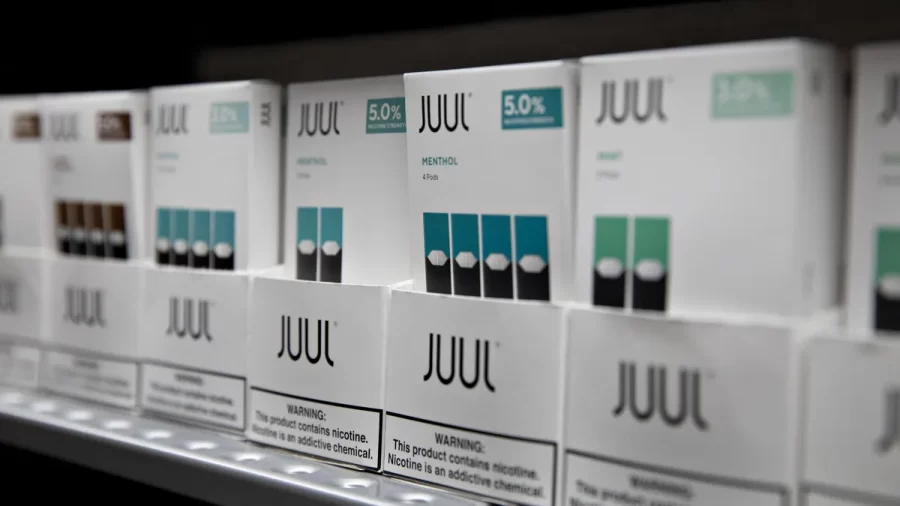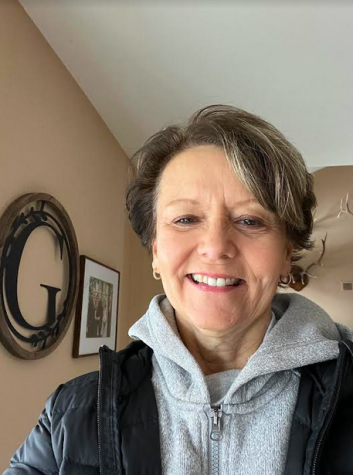FDA bans sale of JUUL products, what it means for college communities
Electronic cigarettes, or vaping devices, have been widely used by people, especially college students, all across the globe. Therefore, the recent ban on sales of the JUUL products by the U.S. Food and Drug Administration (FDA) is expected to impact a wide range of people.
The FDA further explains that there is “insufficient evidence to assess the potential toxicological risks of using the JUUL products.”
“Today’s action is further progress on the FDA’s commitment to ensuring that all e-cigarette and electronic nicotine delivery system products currently being marketed to consumers meet our public health standards,” FDA Commissioner Robert M. Califf, M.D. said.
There are still ongoing studies about the health effects of the JUUL products. However, according to the Centers for Disease Control and Prevention (CDC), they contain cancer-causing chemicals and tiny particles that reach deep into the lungs, as well as highly addictive nicotine which can harm adolescent and young adult brain development.
“My concern is that these products (Juul and e-cigarettes, in general) can pose a risk to teens and young adults who use them,” Dr. Rebecca Cheezum, associate professor of Public Health and chair of the Public and Environmental Wellness Department, said. “Most of these products contain nicotine. Nicotine is addictive and can alter brain development in young adults.”
Juul, calling the FDA’s decision “exceptional and illegal,” requested an emergency petition for a temporary halt while it challenged the sales restriction shortly after it was implemented. Following the request, the U.S. Court of Appeals for the District of Columbia Circuit granted Juul a reprieve, temporarily putting the FDA ban on hold.
“The FDA is tasked with making sure that products like this are safe and safety concerns should be taken seriously,” Cheezum said. “Banning products – even when there are safety concerns – is often a contentious issue, as it restricts people’s rights to make their own choices. At the same time, we see bans and restrictions over time change norms. For example, cigarette smoking used to be permitted in restaurants, bars, and workplaces. Today many people take this ban for granted and may even appreciate it. I think that the ban on Juul may not make an immediate impact on use, but bans like this over time can change norms. It also may be that this ban is not long-lasting if the manufacturer can show the FDA more evidence of safety.”
As college students are largely impacted by this recent ban, Cheezum recommended that affected students seek out available resources that could support them through their withdrawal.
“Members of our community who use this product may be struggling with withdrawal,” Cheezum said. “Others may be interested in ceasing the use of e-cigarettes or other tobacco and nicotine products. They can reach out to the Graham Health Center or their county health department (such as Oakland County Health Division) to learn about resources that are available to assist them.”








